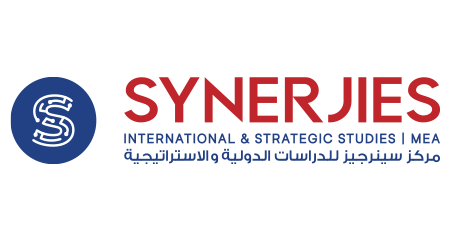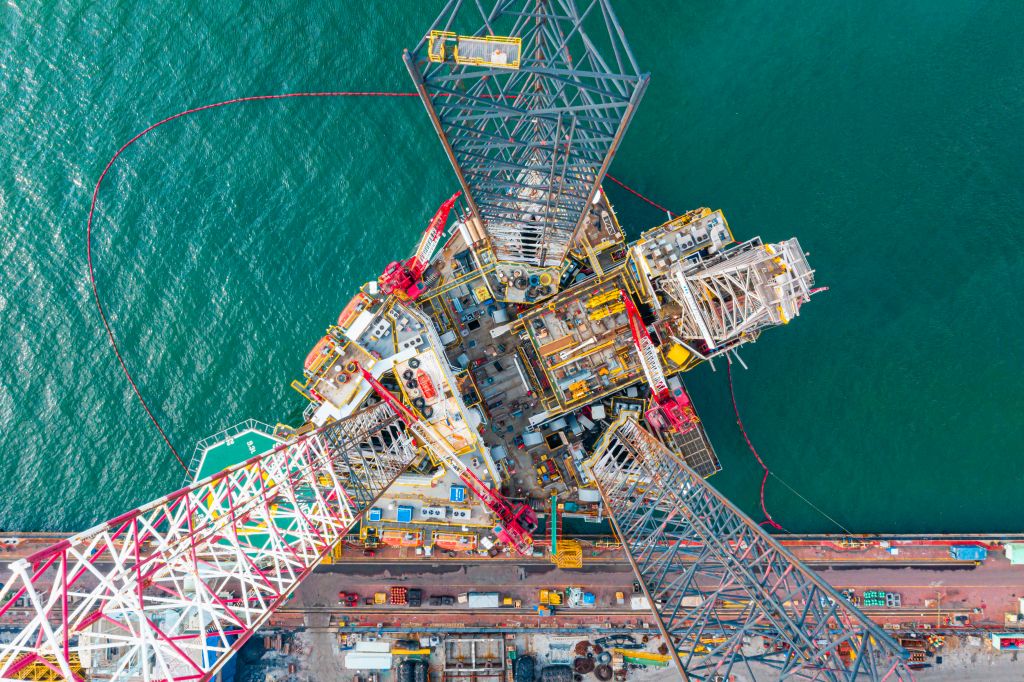Background and Context
In 2019, seven states (Egypt, Israel, Greece, Cyprus, Italy and Jordan and Palestine) signed a charter for an Egypt-based energy forum, giving formal status to a group that seeks to promote natural gas exports from the eastern Mediterranean and that Israel hopes will strengthen ties with Arab neighbors. The forum was the East Mediterranean Gas Forum (EMGF) established as an intergovernmental organization in a virtual ceremony hosted by Cairo. Later, France applied to join and succeeded, while the United States, UAE and the European Union requested the observer status resulting in the acceptance of both the US and the EU and the rejection of UAE due to a veto by the Palestinian Authority. Of course, that Palestinian rejection is best understood in the light of the recent peace agreement between Israel and UAE which infuriated many Palestinians and was met by a formal condemnation by the Palestinian authority. If we took a step back, we will be able to put the rising interest in the Mediterranean natural gas and the establishment of the forum into perspective. In 2015, the discovery of the giant Egyptian offshore Zohr field had unlocked interest in Egypt’s energy market and more generally encouraged further drilling in the region. This increased interest in the potential vast availability of natural gas complicated the already volatile security landscape and shaped regional politics and conflict, particularly between Turkey on the one hand and the Mediterranean south European nations, Egypt, and Israel on the other.
The raison d’etre of the group is basically uniting regional rivals of Turkey. In fact, analysts are already talking about an evolving ‘gas diplomacy’ between Egypt and Israel as they are increasingly putting their differences aside or at least agreeing to disagree on some key issues, while advancing their cooperation on reaping the fruits of a vast resource boom in the region. For example, Israel has agreed on contracts to export gas to Jordan and Egypt worth USD 30 billion, while Egypt began importing Israeli gas at the start of this year, for possible re-export to Europe or Asia. Egypt has two liquefied natural gas (LNG) plants that have been idled or running at less than their potential capacity and can be used for exports.
Natural Gas Politics Beyond the Forum: Shaping Regional Conflict and Co-operation
It is very reductionist to look at the natural gas politics as only manifested in the creation of that forum. In fact, it had been moving and shaking different regional issues, enhancing conflict on sometimes and co-operation in others. Below we list them:
- Conflict: The Libyan Conflict and the Frequent Standoffs in the East Mediterranean
Since the discovery of the natural gas reserves in the East-Med, Turkey knew that its presence troops on the ground in Libya is its best gamble against being excluded from the, so to speak, natural gas pie. Moreover, it has responded to the formation of the EastMed Gas Forum – which it views as a direct threat to the Turkish economic interest in the Mediterranean – in a an overtly offensive and aggressive manner. It increased its deployments in Libya and flexed its muscles in the Mediterranean, resulting in many standoffs with either Greece or its NATO ally France.
By moving as such, Turkey though it would exemplify that a future pipeline that bypasses Turkey would be politically and militarily unviable. However, these coercive moves did not prove to be effective and with the arrival of President Biden in the US and with his turkey-hostile policy things got more complicated for Ankara. Hence, Turkey decided to move diplomatically and approached Egypt which it antagonized over so many key issues among which are the support to Muslim Brotherhood group and the intervention in Libya. While still Egypt did not make any meaningful response to the Turkish proposition of détente, this move gives as a sneak-peek at how things are being re-calibrated in Turkey.
- Co-operation: Facilitating the Resolution of the Gulf Crisis
Among the chief motivators of the resolution of the Gulf crisis was the election of President Biden to office and what that entailed in terms of more engaging approach towards Iran which gulf countries fear would strengthen Iran vis-à-vis their collectivity. Also, Saudi and its allies came to the realization that the pressure of the embargo did not in fact harm Qatar’s economy as much as what was anticipated, so extending it will not necessarily do the job.
As far as energy production and exports are concerned, Qatar has not been impacted at all by the embargoes that wereimposed on it. That is because Gulf exports of gas and oil are transported by ship, and the sea lanes to and from Qatar are open. Additionally, had the Saudis or Emiratis decided to block the lanes out of Qatari ports, Asian and European buyers of Qatari gas and oil would have strongly objected and in turn boycotted Saudi products. However, another usually overlooked factor in this resolution was how the potential natural gas co-operation facilitated the rapprochement.
Arguably, after the resolution and the potential ease in tensions, both sides of the crisis could benefit. For example,Bahrain, Kuwait, and the UAE are in dire need of natural gas. Bahrain is now building an LNG receiving terminal and Kuwait and Dubai already have one. It is quite rational for these countries to import LNG—which costs a great deal to produce, transport, and re-gasify—when they could get cheap gas directly from short pipelines to Qatar. Also, Saudi Arabia, which needs more gas to fuel its economic expansion, is spending great amounts to increase production from tight gas formations, when it could obtain much cheaper gas a few kilometers away. The UAE could expand the Dolphin pipeline and provide low-cost gas to all of its emirates rather than invest tens of billions in new LNG plants. Kuwait could also benefit greatly from an LNG link with Qatar. Kuwait tried to secure funding for a Qatar-Kuwait pipeline in the early 2000s, but the pipeline was vetoed by Saudi Arabia, who already feared Qatari influence on the region. Kuwait has very little gas and is not likely to get substantial amounts from either Iran or Iraq, which have gas but no ability to export it in large quantities to Kuwait. An easing of tensions could translate to a revisiting of the Qatar-Kuwait pipeline dispute with Saudi Arabia.
An Increasing Force in the Regional Politics
Because of the ongoing global energy transition to clean and renewable sources, natural gas and renewables are seen accounting for more than 90% of incremental energy demand globally through 2050, according to a new report from the Gas Exporting Countries Forum (GECF). Global natural gas production is projected to grow by about 1,900 bcm by 2050, reaching more than 5,900 bcm, according to the report. This includes 560 bcm of growth in North American production, with Middle East production forecast to rise 1,150 bcm during that time frame. Hence, the role of natural gas as a shaper of regional conflict and co-operation is projected to increase.


